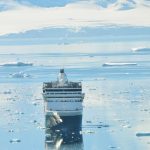 June 27, 2019 11:17 am
Published by Climate Extremes
June 27, 2019 11:17 am
Published by Climate Extremes
Antarctic sea ice had been growing in area since 1979, despite the influence of global warming. Then unexpectedly in the austral spring of 2016, there was a rapid decline. CLEX researchers used multiple runs of a coupled ocean-atmosphere climate model to investigate whether these distant influences played a role and, if so, the level of the contribution to the sea-ice decline.
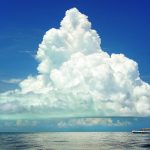 March 20, 2019 2:15 pm
Published by Climate Extremes
March 20, 2019 2:15 pm
Published by Climate Extremes
The Climate Variability and Teleconnections team welcomed new members, celebrated a range of triumphs and explored questions about Antarctic sea ice extent, ocean heat transfer, ENSO and the Tropical Observing System.
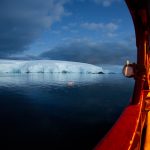 January 18, 2019 10:43 am
Published by Climate Extremes
January 18, 2019 10:43 am
Published by Climate Extremes
Antarctic sea ice extent underwent a rapid decline in the spring of 2016 and is still well below average now. CLEX researchers have tied the decline to natural variability of both the atmosphere and ocean in two articles published in Nature Communications this month.
 December 3, 2018 3:48 pm
Published by Climate Extremes
December 3, 2018 3:48 pm
Published by Climate Extremes
The Heatwaves and Cold Air Outbreaks Research program has been very active, producing a considerable number of papers over the past four months.
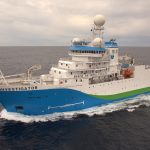 November 27, 2018 4:07 pm
Published by Climate Extremes
November 27, 2018 4:07 pm
Published by Climate Extremes
The RV Investigator returned to Hobart after a 32-day voyage to map a meander of the Antarctic Circumpolar Current (ACC) Polar Front. Onboard were 11 CLEX students and postdocs; three international students; a film maker and visual artist; and collaborators from CSIRO, Antarctic Climate and Ecosystems Cooperative Research Centre, and Woods Hole Oceanographic Institution.
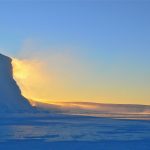 August 14, 2018 6:29 pm
Published by Climate Extremes
August 14, 2018 6:29 pm
Published by Climate Extremes
How does the connection between Antarctica and Australia change over time? This project will help us understand Australia’s long term climate history and the range of extreme rainfall Australia experiences by exploring this connection.
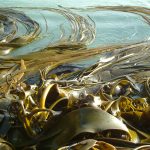 July 15, 2018 1:00 am
Published by Climate Extremes
July 15, 2018 1:00 am
Published by Climate Extremes
When Chilean researcher Dr Erasmo Macaya from Universidad de Concepción and Centro IDEAL stumbled upon foreign kelp washed up on an Antarctic beach, he knew he had found something significant. Research by an international, multidisciplinary team of scientists reveals just how important that finding was.







